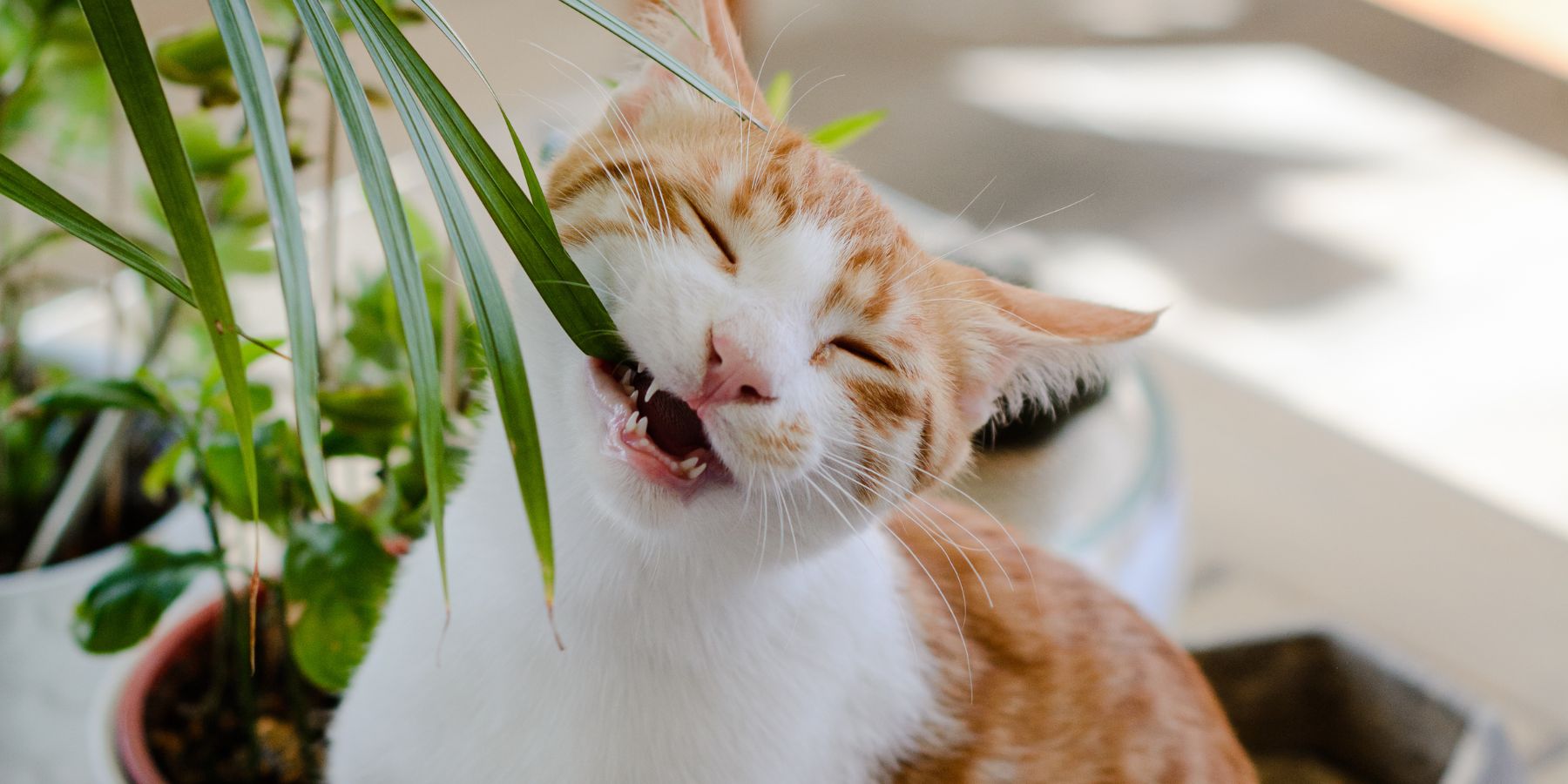Cats are curious creatures, and their inquisitive nature often leads them to explore the world around them. This includes investigating the various plants they encounter indoors and outdoors. While some plants are harmless, others can be toxic to cats. In this article, we'll explore what happens if your cat eats a toxic plant, the potential dangers involved, and the steps to take if such an incident occurs.
The Curious Case of Cats and Plants
Why Are Cats Attracted to Plants?
Cats are naturally drawn to plants for several reasons. Their vibrant colors, interesting textures, and the way they sway in the breeze can capture a cat's attention. Additionally, some plants produce enticing scents that pique a cat's curiosity. While this attraction is normal, it can sometimes lead to undesirable consequences when toxic plants are involved.
Identifying Toxic Plants
Cat owners must be aware of the plants that can be harmful to their feline friends. Some common toxic plants include:
Lilies: Lilies, especially Easter lilies, are highly toxic to cats and can cause kidney failure if ingested.
Poinsettias: While poinsettias are a common holiday plant, they can irritate a cat's mouth and stomach if eaten.
Philodendron: This popular houseplant contains calcium oxalate crystals, which can cause oral and gastrointestinal irritation in cats.
Azaleas: Azalea plants contain toxins that can lead to symptoms such as vomiting, diarrhea, and drooling in cats.
Oleander: Oleander is a highly toxic outdoor plant that can affect a cat's heart and gastrointestinal system.
What Happens When a Cat Eats a Toxic Plant?
The effects of a cat consuming a toxic plant can vary depending on the plant species, the amount ingested, and the cat's overall health. Here are some common symptoms that may occur:
Gastrointestinal Upset: Cats may experience vomiting, diarrhea, drooling, and abdominal pain.
Oral Irritation: Some toxic plants can cause irritation and swelling in a cat's mouth and throat.
Lethargy: Your cat may become lethargic and lack energy.
Loss of Appetite: Cats may lose interest in food if they have ingested a toxic plant.
Difficulty Breathing: In severe cases, certain plants can cause breathing difficulties.
Immediate Steps to Take
If you suspect that your cat has ingested a toxic plant, it's essential to act quickly. Here's what you should do:
Remove the Plant: If the plant is accessible, remove it from your cat's environment to prevent further ingestion.
Contact Your Veterinarian: Call your veterinarian or an emergency pet poison hotline immediately. Provide them with details about the plant, when the ingestion occurred, and your cat's symptoms.
Do Not Induce Vomiting: In some cases, inducing vomiting can worsen the situation. Follow your veterinarian's guidance.
Monitor Your Cat: While waiting for professional advice, keep a close eye on your cat's condition. Note any changes in symptoms.
How to Prevent Plant Poisoning
Preventing plant poisoning in cats is essential for their well-being. Here are some preventive measures you can take:
Research Plants: Before bringing any new plants into your home or garden, research whether they are toxic to cats. Avoid toxic plants whenever possible.
Create a Safe Environment: Place toxic plants out of your cat's reach, both indoors and outdoors. Consider hanging potted plants or using barriers to deter access.
Offer Safe Alternatives: Provide your cat with safe indoor plants, such as cat grass or catnip, to satisfy their curiosity.
Supervise Outdoor Time: If your cat spends time outdoors, supervise their activities to ensure they do not consume toxic plants.
Regular Checkups: Schedule regular veterinary checkups to monitor your cat's health and catch any potential issues early.
FAQs (Frequently Asked Questions)
Q1: Are there safe plants for cats to eat?
Yes, some plants are safe for cats to eat and can even be beneficial, such as cat grass and catnip. These plants are non-toxic and can provide entertainment and aid in digestion.
Q2: Can I use home remedies to treat my cat if it eats a toxic plant?
It is not recommended to use home remedies without professional guidance. Contact your veterinarian or a pet poison hotline for advice on how to proceed.
Q3: Are there common outdoor plants that are toxic to cats?
Yes, some common outdoor plants that can be toxic to cats include lilies, azaleas, oleander, and certain types of ferns. It's essential to be aware of the plants in your garden.
Q4: How can I stop my cat from chewing on plants?
To stop your cat from chewing on plants, provide safe alternatives, use deterrents, and place toxic plants out of reach. Positive reinforcement training can also help modify this behavior.
Q5: What is the most common plant that is toxic to cats?
One of the most common toxic plants for cats is the Easter lily, which is highly toxic and can be fatal if ingested.
In conclusion, understanding the potential dangers of toxic plants and taking steps to prevent your cat from accessing them is crucial for their safety. If you suspect your cat has consumed a toxic plant, seek immediate veterinary assistance to ensure their well-being. By creating a safe environment and providing alternatives, you can enjoy the company of your feline friend without worrying about plant-related hazards.


